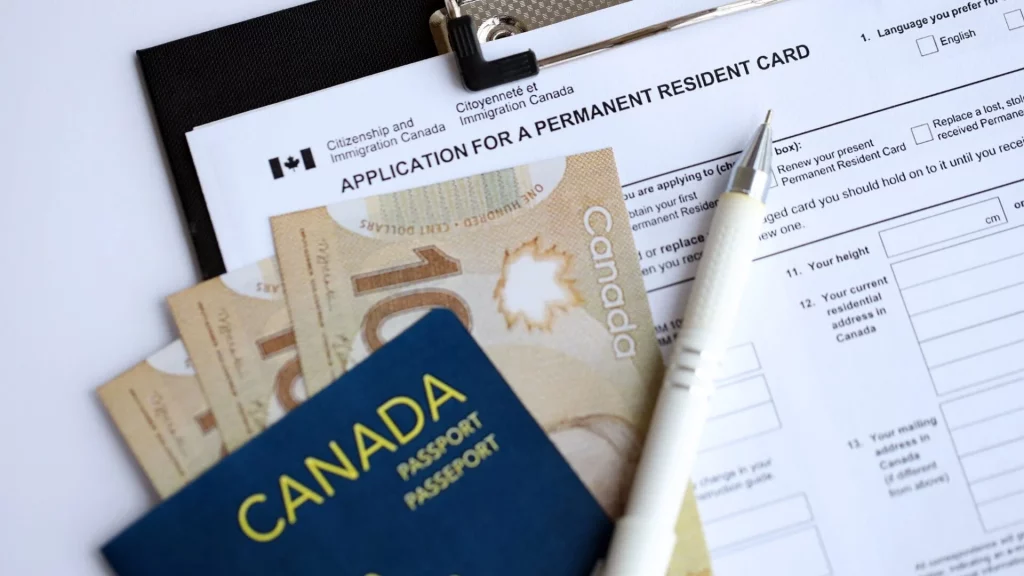Table of Contents
Why Expats Are Choosing to Work in Vietnam - A Vibrant Destination for Global Talent
Vietnam is quickly establishing itself as a hotspot for foreign professionals. With a rapidly growing economy, a dynamic job market, and increasing global integration, Vietnam is no longer just a destination for tourists—it’s a place where many expats are choosing to build fulfilling careers.
Opportunities for foreigners aren’t limited to just Ho Chi Minh City or Hanoi. From coastal towns like Da Nang to cultural hubs like Hue and emerging economic zones like Binh Duong, expats are finding work all across the country.

(Source: Internet)
If you’re considering making the move, here’s a breakdown of the most popular jobs for expats in Vietnam—and what to expect from each role.
Teaching Jobs
Education is one of the biggest sectors for expats working in Vietnam. There are many different roles for educators here, with the two main types being ESL teachers and all-subject teachers. Some expats even work both!
ESL Teachers (Daytime School & Evening English Centers)
General Requirements:
A bachelor’s degree, TEFL/TESOL/CELTA certificate, and native or near-native English proficiency. Many language centers do not require previous teaching experience, and often provide their own training programs to help you get ready for the classroom. However, previous experience may help you negotiate a better hourly rate. Daytime jobs may require lesson planning, parent meetings, admin work

(Source: Internet)
- Daytime teaching: Mostly weekday mornings/afternoons in public or private schools.
- English centers: Afternoons, evenings, and weekends.
- Daytime: Around $1,500–$2,000 USD/month.
- English centers: Around 12-20 hours/week; Usually paid hourly, $14–$20 USD/hour.
Flexible hours, decent pay, and different options make this one of the most accessible jobs for new expats. It’s easy to find a stable position that will allow you to live abroad comfortably for two to three years, which is ideal if you haven’t made any long-term plans yet.
Job Opportunities:
Very high. There are hundreds of English centers and language programs across Vietnam seeking native English speakers. You can find more information on what kind of income to expect on our blog post. Most follow the same work schedule and are competitive with salary, so you can focus on where you want to live first, then apply for a center nearby.
Learn more about Expatriate Teacher Position at VUS
All Subjects Teaching Jobs
General Requirements:
Most schools require at least a bachelor’s degree in the subject area, a teaching certificate (such as PGCE or equivalent), and 1–2 years of experience. Native English-speaking nationalities are often preferred for ELA classes, especially at international or bilingual schools. However, all qualified teachers may be considered for arts, music, physical education, and other subjects.

(Source: Internet)
Primarily weekday mornings and afternoons. Some schools may require occasional weekend events or extra-curricular involvement.
Ranges from $2,000 to $3,500 USD/month, depending on qualifications and the type of school.
International and bilingual schools are expanding rapidly in Vietnam, offering expats a professional teaching environment and attractive compensation packages.
Job Opportunities:
High. The education sector is growing, especially in urban areas, with consistent demand for qualified subject teachers.
If you’re confident and qualified in your teaching abilities, consider some other factors such as which neighborhoods seem more appealing, what kind of facilities are nearby, and whether you can find suitable housing.
You can learn more about housing on our blog post. https://teachenglish.vus.edu.vn/an-expats-guide-to-housing-in-vietnam/
Non-Teaching jobs
There are also other roles that expats can take up in Vietnam, spanning many different sectors. Some examples include Freelance Content Writers/Designer, IT/Software Developer, Tourism/Hospitality Worker, and Management/Coaching.
General Requirements:
For all of these roles, your portfolio and proven experience are just as important as your degrees/certifications. High English proficiency skills are also important, as you may find yourself working for international clients. You’ll be competing for the role with Vietnamese nationals, so you’ll need to prove to potential employers that your profile is worth the extra cost.

(Source: Internet)
Your work hours will vary depending on your role, though many businesses follow the standard M-F work week.
Varies greatly, depending on your previous experience and your specialty. Paychecks can range from $1,000–$5,000+ USD/month.
Vietnam is rapidly growing as a regional tech/business hub, with job openings for both local and international candidates. It’s also a major travel destination that offers a low cost of living and good internet infrastructure, making it a digital-nomad-friendly destination. Please check out or other blog post for more information on living expenses in Vietnam. Vietnam also has tourist-visa agreements with many other countries, making it an easy country to visit.
Job Opportunities:
Depends on your sector and work experience. Be ready with a portfolio of your previous work to help sell your candidacy, and check with your former employers to see if they can help network you into a position before you arrive! With it’s low cost of living, Vietnam could make a good home base for remote workers; just make sure you can get your visas sorted.
Work Permits and Visa Requirements
To legally work in Vietnam, you’ll need to get a work permit with your employer and also have a business visa or equivalent. Be wary of any companies or organizations that don’t want to help you get these, as that means there won’t be any legal obligation for them to give you your paycheck!

(Source: Internet)
The work permit process often involves providing certain documents from your home country. Most companies have a representative that will help you with this process. These documents will likely need to be notarized and authenticated for the application. You may also need a health check from a VN hospital, as well as a criminal background check. Follow up with your new company thoroughly to ensure you’re on the right track.
Should You Make the Move?
Vietnam’s combination of economic growth, cultural richness, and quality of life makes it an appealing choice for expats seeking meaningful work. Whether you’re an educator, digital professional, developer, or industry expert, there’s a growing space for your skills in Vietnam’s evolving job market.
Ready to take the leap? Vietnam might just be the opportunity you’ve been looking for!
⭐ For the best English teaching job in Vietnam, look no further than VUS, the leader in English Language Teaching (ELT) in Vietnam with:
🔷 30 years of experience
🔷 73 campuses nationwide
🔷 2,700+ dedicated teachers and teaching assistants
Start your journey with VUS today by applying at:
🌏 https://teachenglish.vus.edu.vn/


